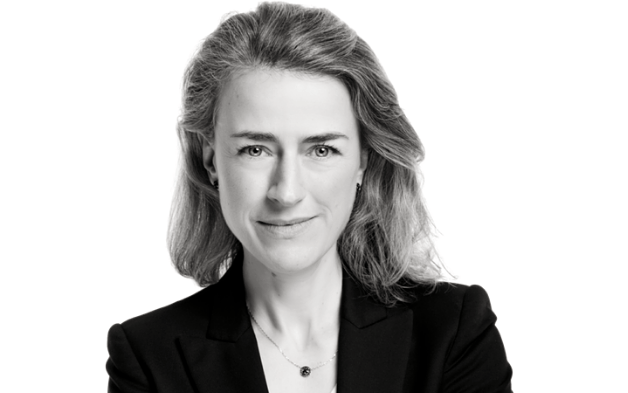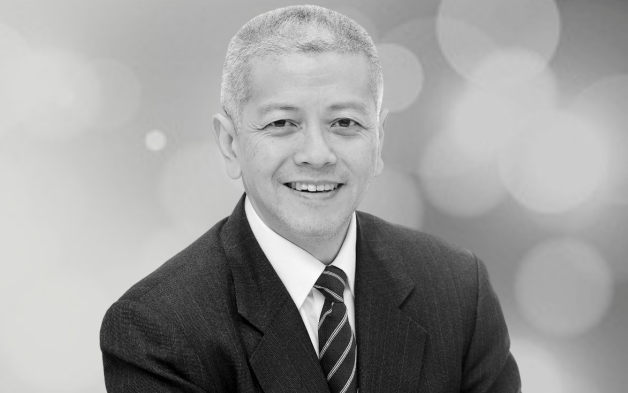Rising inflation will make it more challenging to meet the £4 billion Cambridge University Endowment Fund’s 5 per cent return hurdle, said Tilly Franklin, CIO, speaking at Sustainability in Practice. Franklin oversees a multi asset, diversified portfolio that is managed externally. The fund has significantly outperformed over the long term (10-year returns are 11 per cent) but rising inflation poses a new challenge to performance, essential to finance a wide range of academic and research projects across the university. “There is a huge responsibility,” says Franklin.
Able to lock up capital for the long-term, the endowment is comfortable in illiquid asset classes. It enables Franklin to back contrarian managers and take advantage of dislocations, doubling down with managers that underperform in the short-term. And because the endowment is relatively small and doesn’t need to deploy large ticket sizes, it can access an array of opportunities.
Franklin has rebuilt the investment team over the past two years, alongside adjusting the asset allocation. Around half of the endowment is in public equities with the other half in alternatives comprising allocations to absolute return, private equity, and real assets. Each element of the portfolio plays a particular role: public equity is tasked with delivering returns, and she says private equity’s role is to add a super-charged element to performance. Absolute return has a low correlation to equity, providing ballast to the portfolio and liquidity so the endowment is positioned to invest in a dislocation.
Net Zero
Two years ago, the investment team announced plans to divest all the endowments direct and indirect investments in fossil fuels. The fund’s timeline for withdrawal included divesting from conventional energy-focused public equity managers by December 2020; building up significant investments in renewable energy by 2025 and divesting from all meaningful exposure in fossil fuels by 2030. The overarching aim is to achieve net zero greenhouse gas emissions across its entire investment portfolio by 2038, in line with the broader targets of the university.
Franklin said that divestment has been the subject of extensive debate at the university. “We are not going to solve the climate crisis through divestment as others will own the assets we sell,” she said.
She noted that divesting over time rather than in a hurry has been an important tenet of strategy. The endowment owned illiquid investments in the energy sector that it needed time to exit while the absolute return allocation also had energy in the portfolio. Rather than force managers to divest – and threaten to terminate the mandate if they didn’t – strategy has involved discussing different approaches that included options like fossil fuel screens specific to the endowment’s portfolio.
She also noted gradual but significant investment in renewable energy where the fund invests with two private renewable energy infrastructure managers.
Private equity
Despite today’s changing economic landscape Franklin still sees opportunity in private equity where she said the endowment’s managers continue to outperform benchmarks, and public equity. She also noted opportunities in private equity around sustainability. Often criticised for a lack of transparency, she said private equity investors’ ownership and control enables them to take a proactive approach to net zero. “Managers can implement new plans in a short period of time,” she said. The endowment’s VC allocation does invest in ideas spun out of the university, but only via funds. Some of the businesses in this portfolio have a connection with the energy transition, she said.
Managers
Franklin said the investment team are in constant dialogue with managers about the energy exposure in the portfolio. Requests that managers measure emission in their mandates with the endowment will now be rolled out to real assets and private equity. “If we are going to achieve net zero, we need to measure,” she said. Elsewhere, the endowment has adapted an executive education program with the Cambridge Institute of Sustainability for its fund managers to increase their sustainability knowledge and expertise.
She also noted the importance of focusing on sustainable integration outside climate. Diversity in the internal investment team and within the endowment’s manager cohort is a key focus – Franklin founded GAIN, Girls Are Investors, a community of investors set to change the lack of gender diversity in investment management. She is encouraged by managers improving diversity, noting more shortlists with diversity targets as managers increasingly mandate head-hunters to put diverse candidates forward. Still, one of the challenges is the fact many managers are small boutiques with little churn.
Other exciting trends include embedding technology into the portfolio and traditional companies rolling out digitization plans, she concluded.



